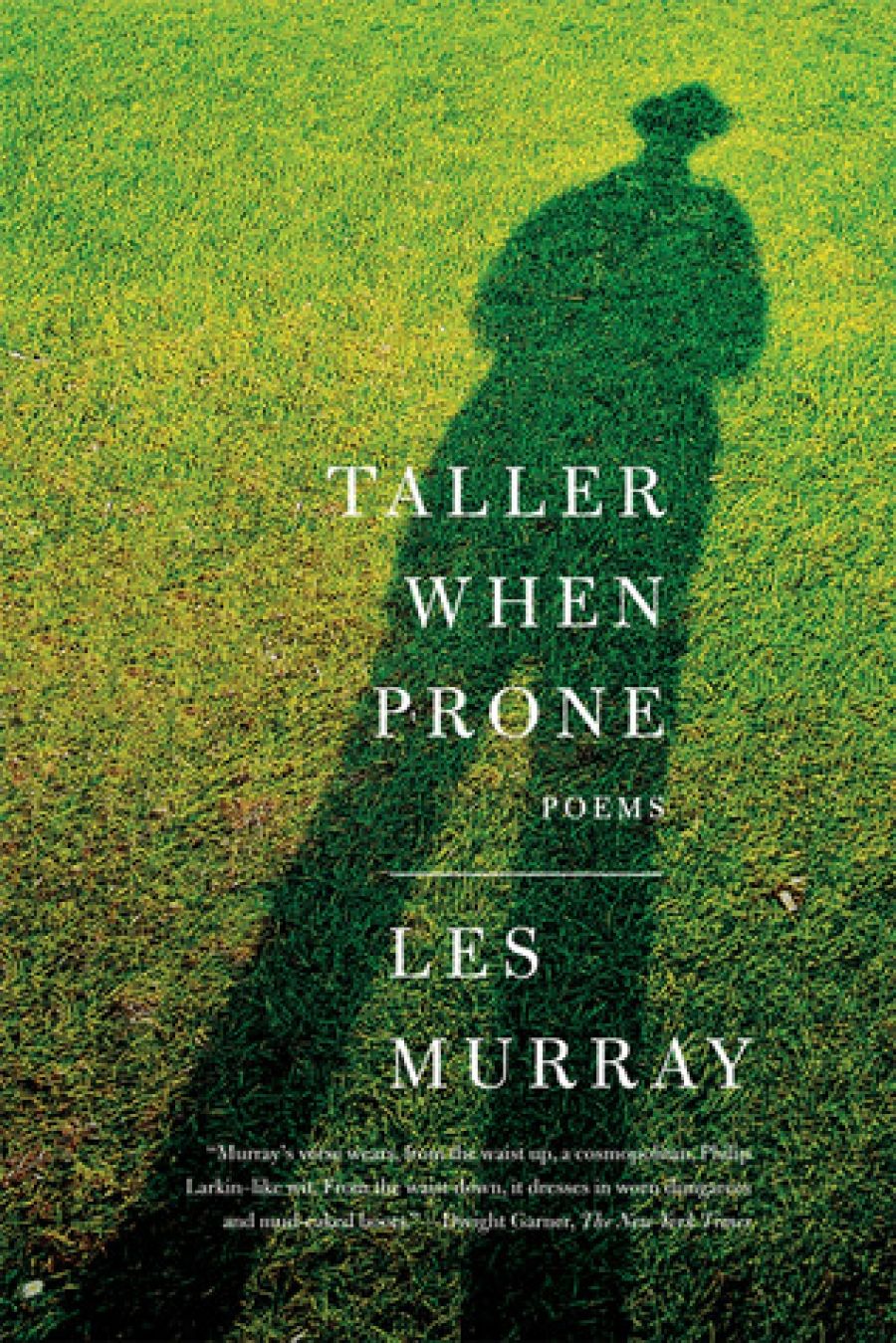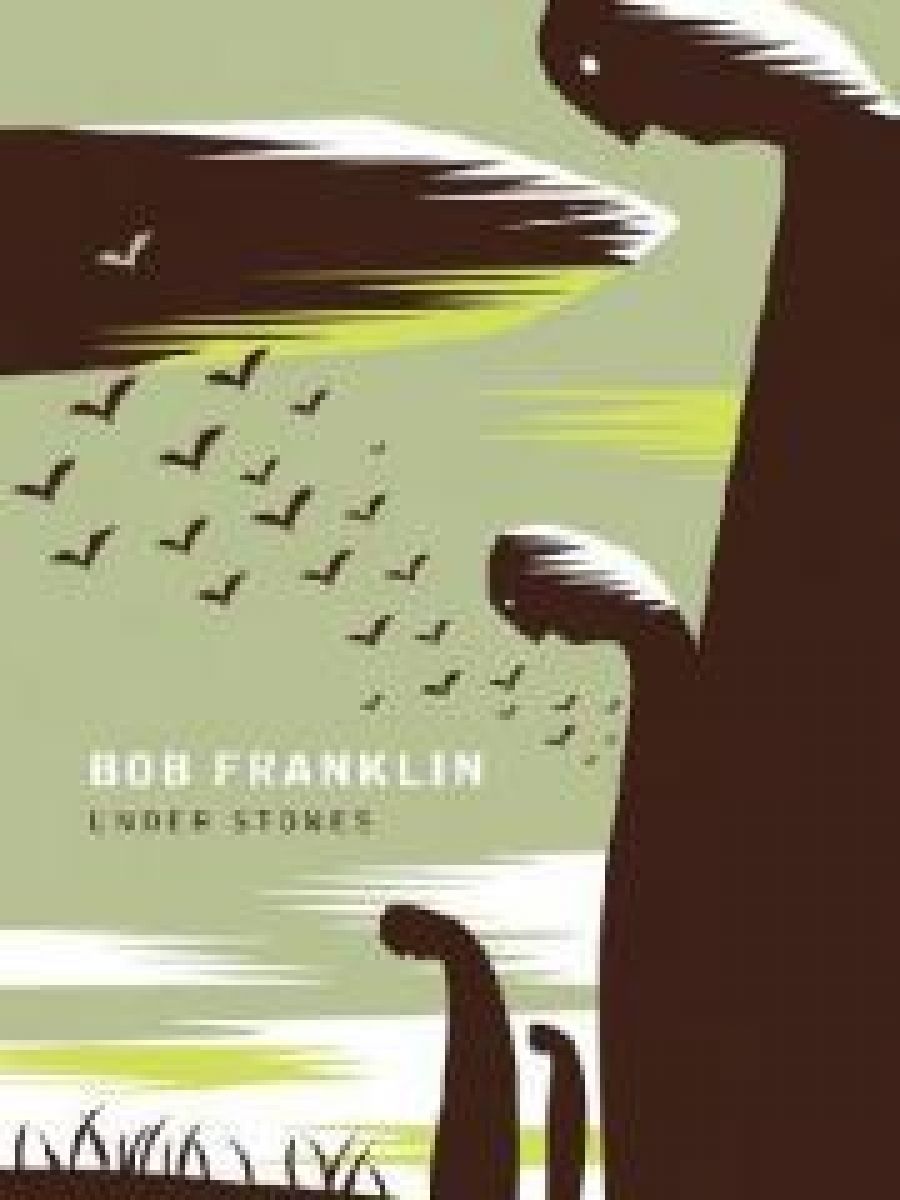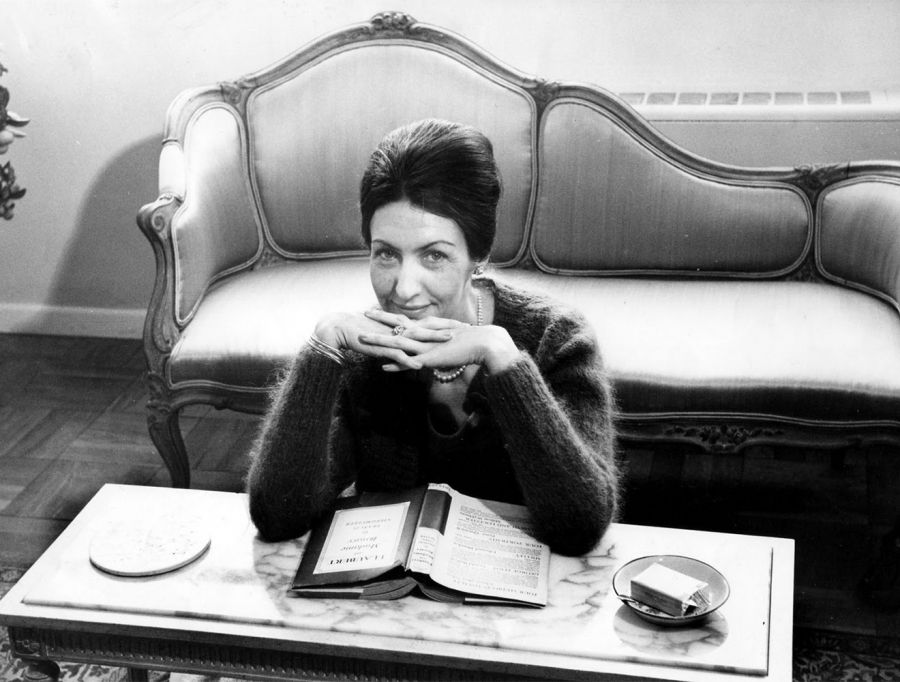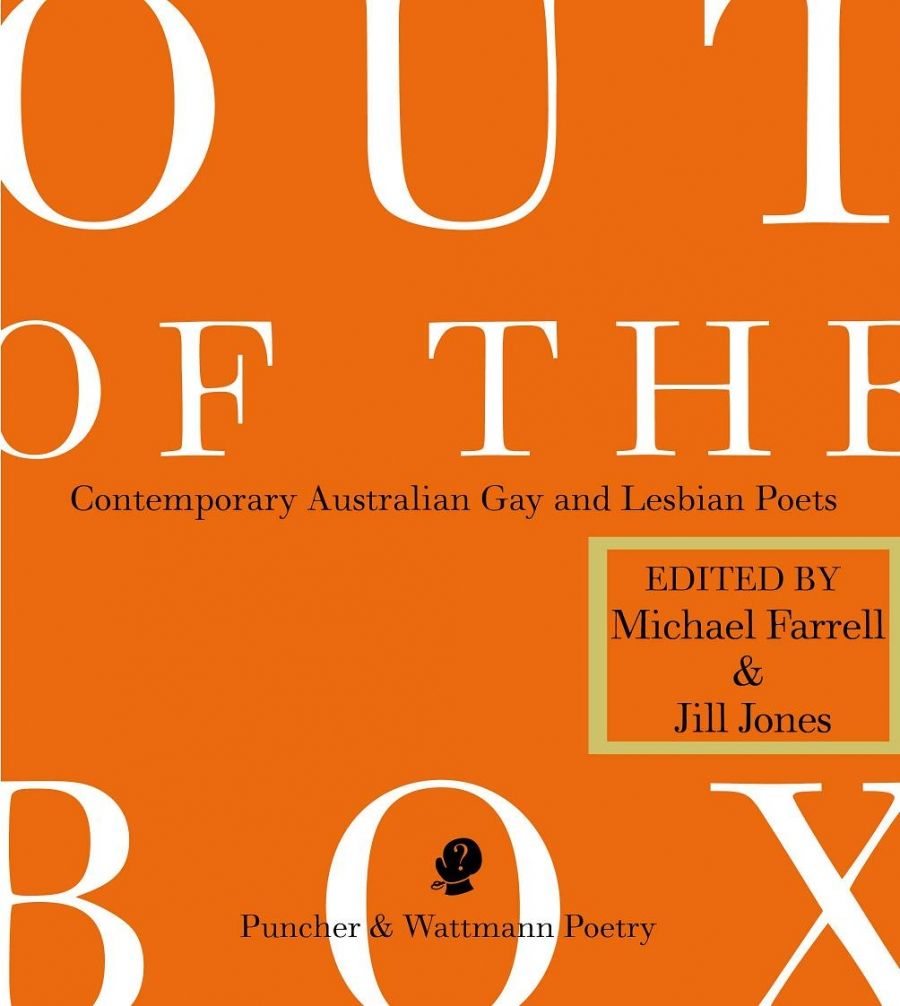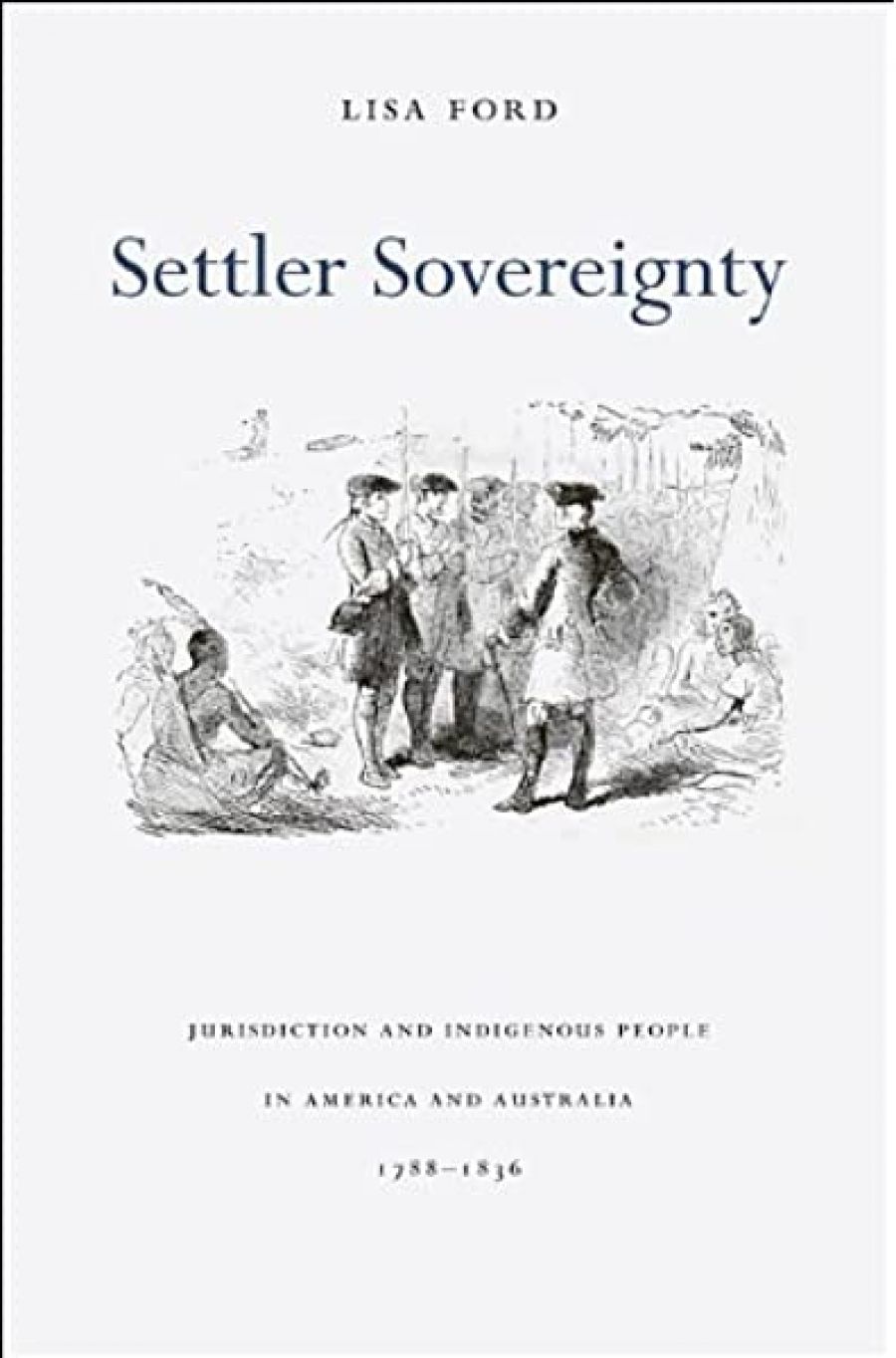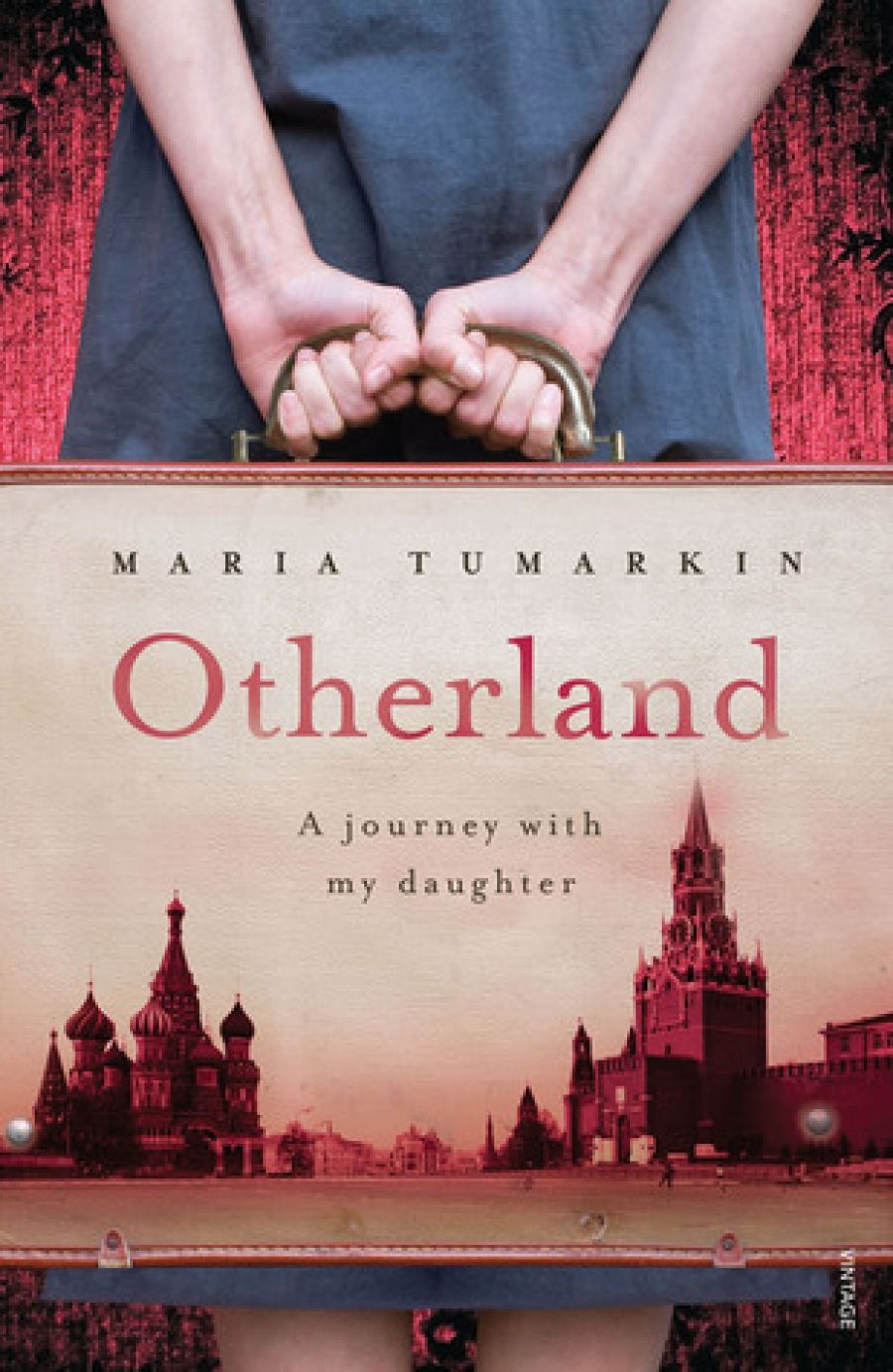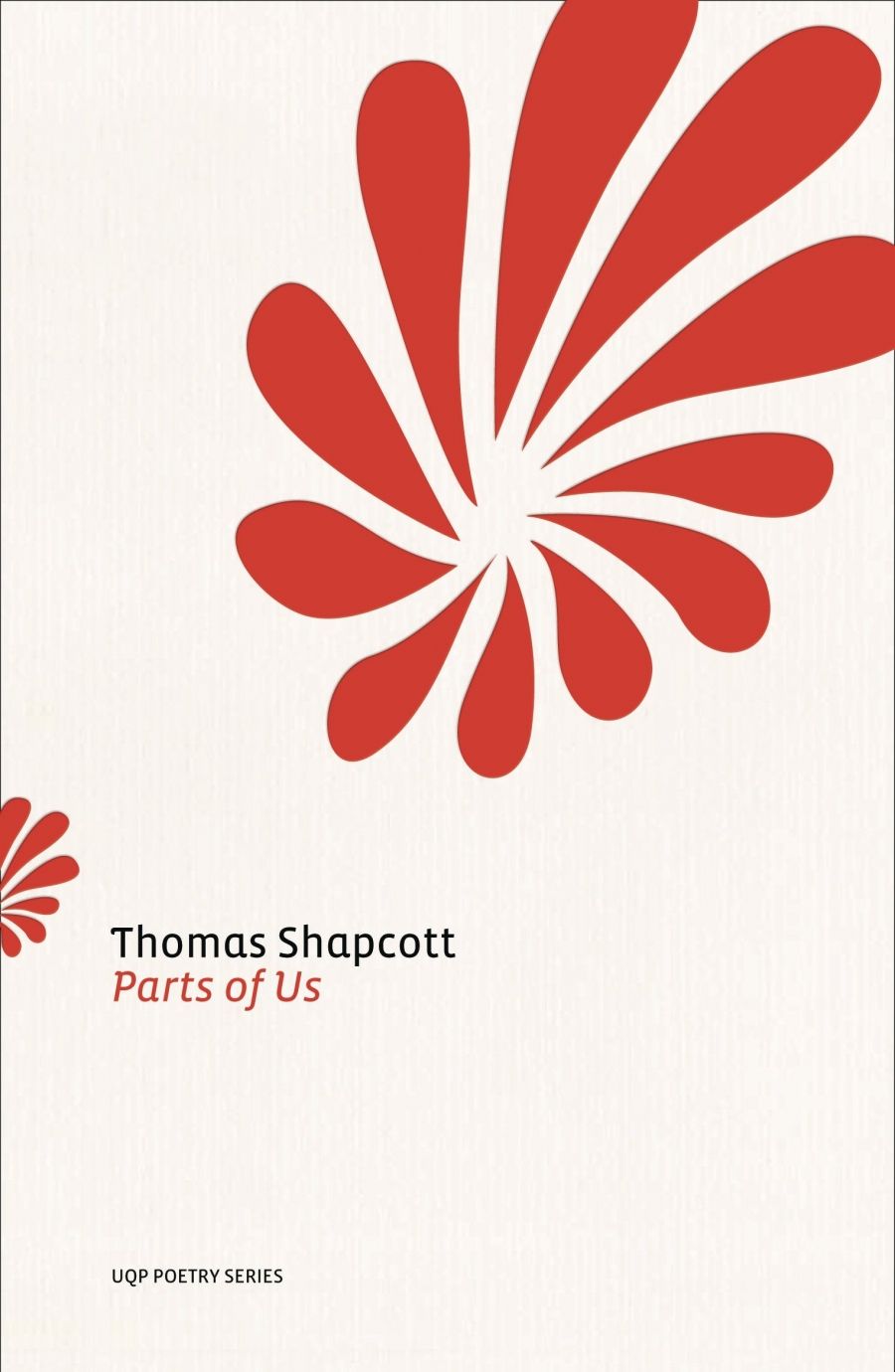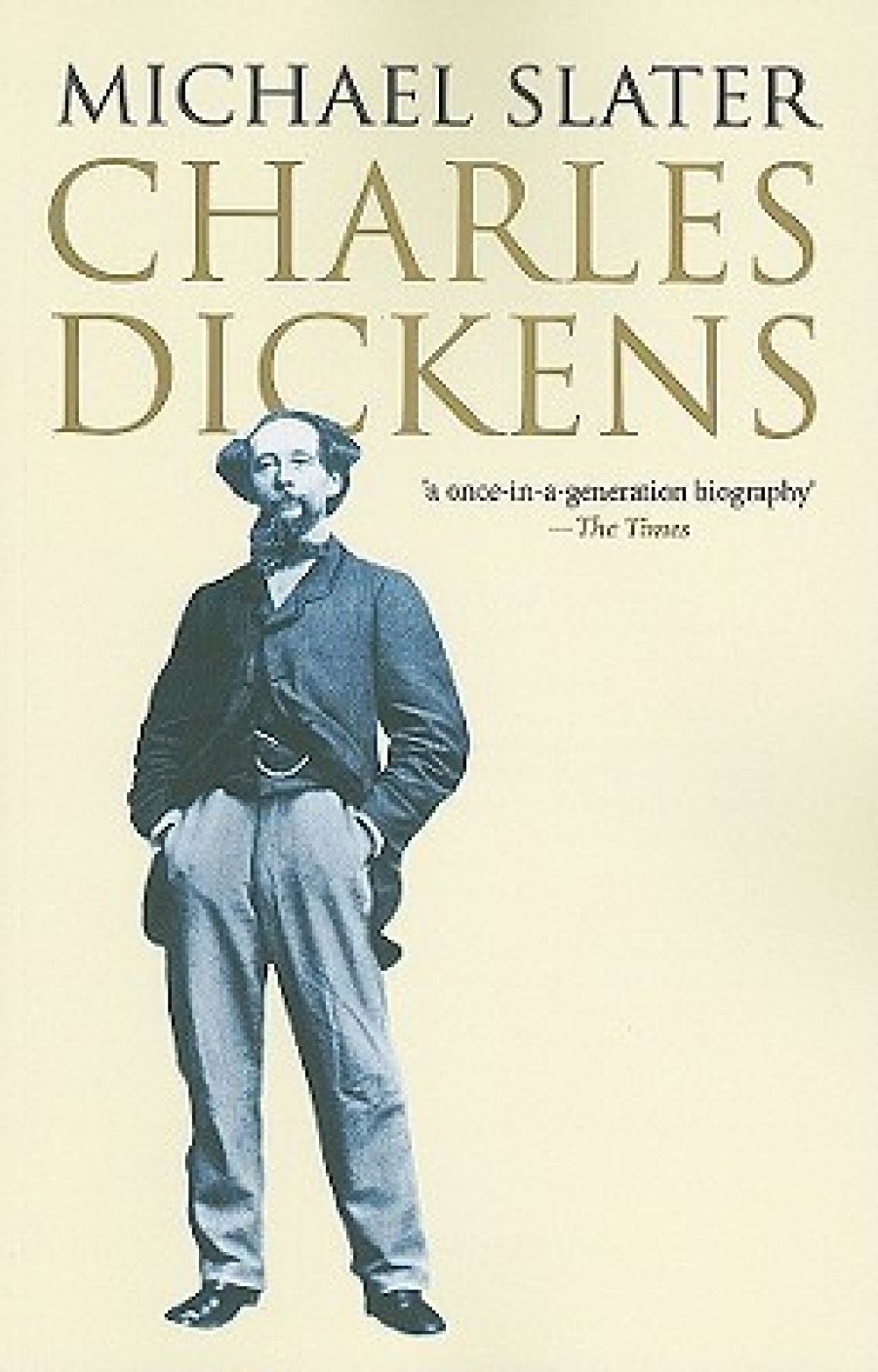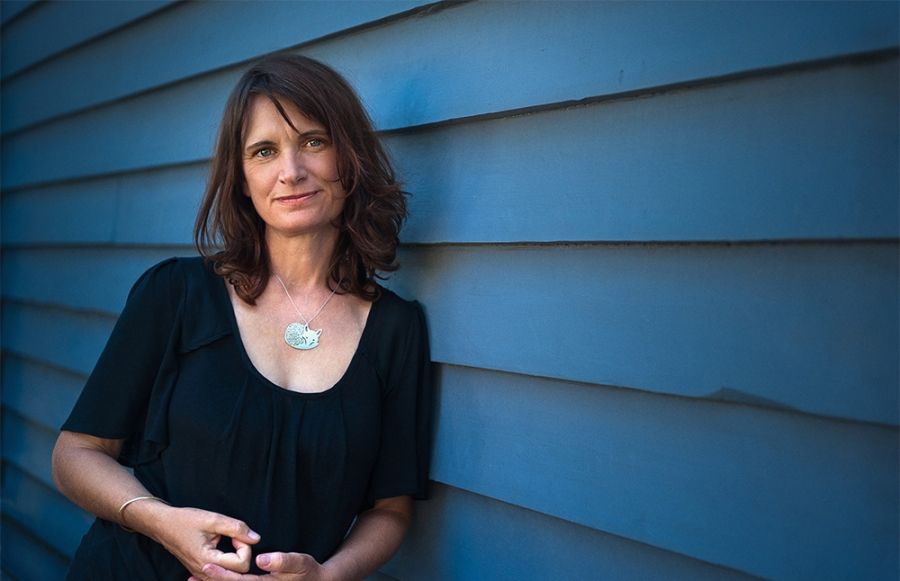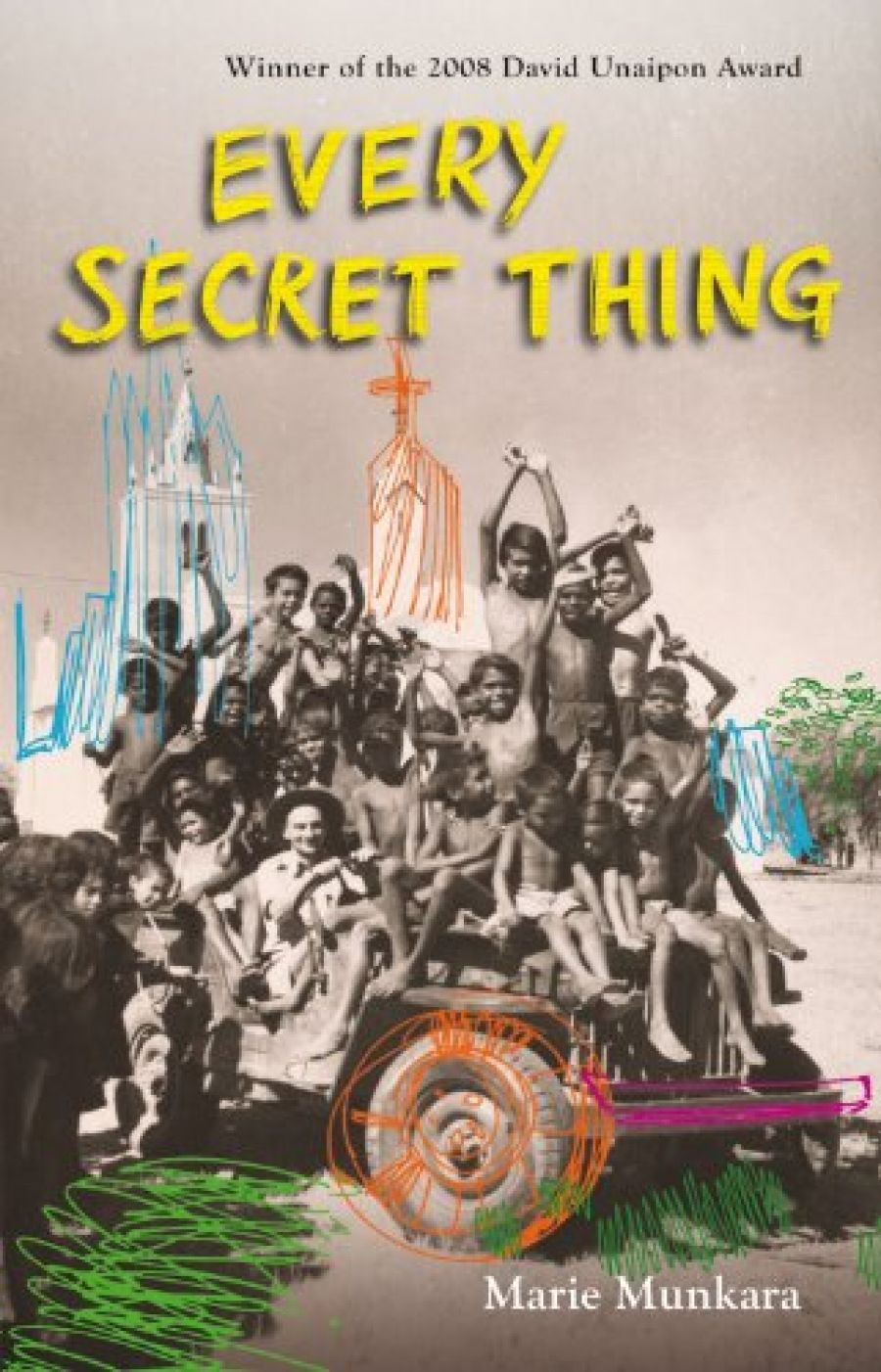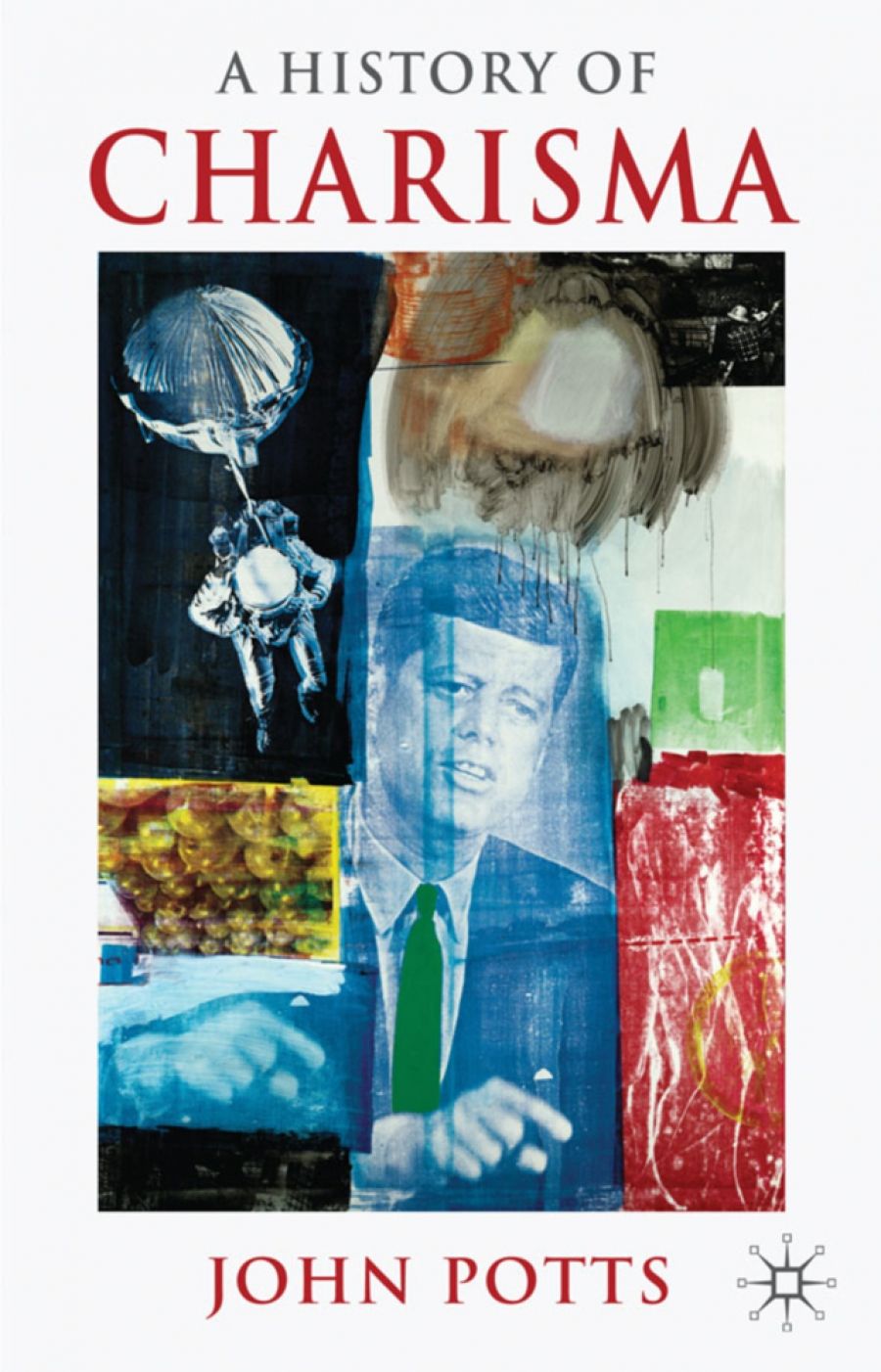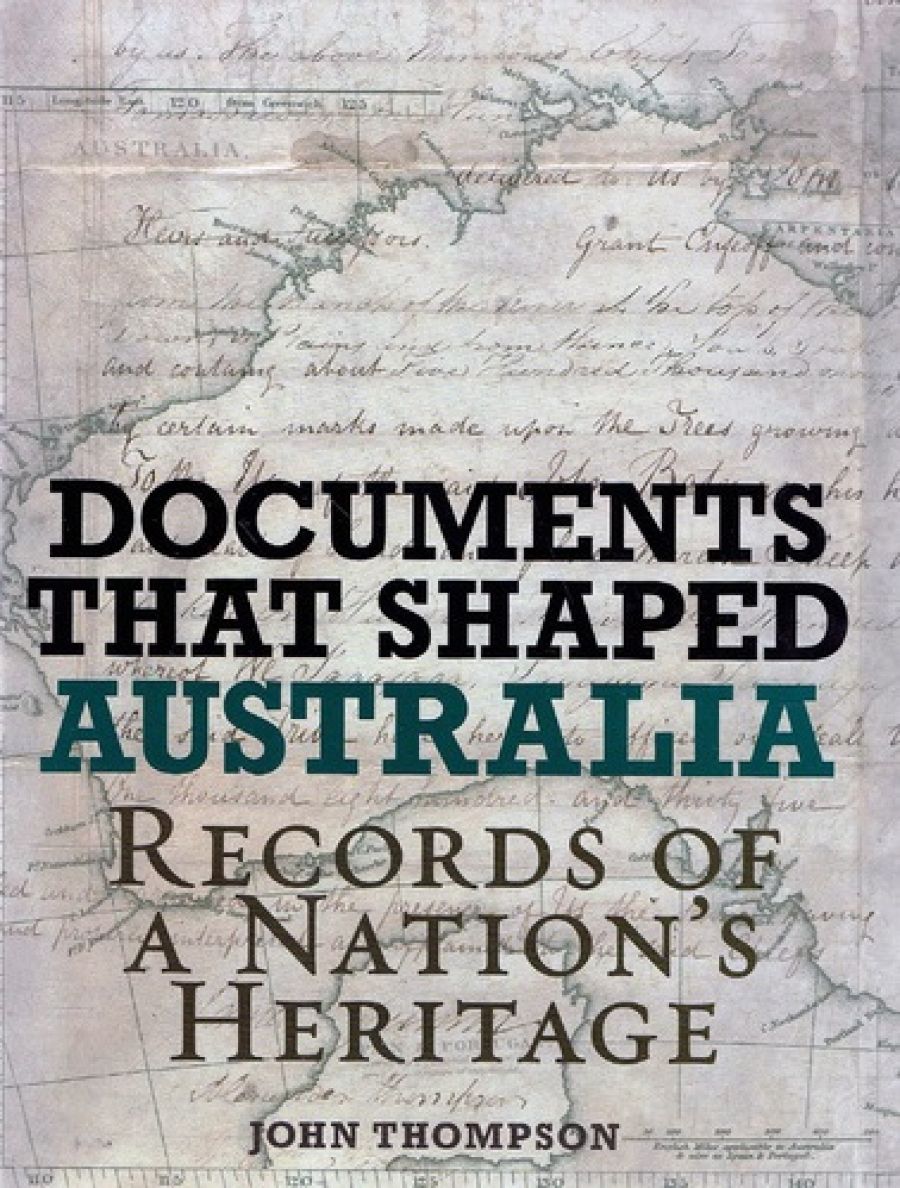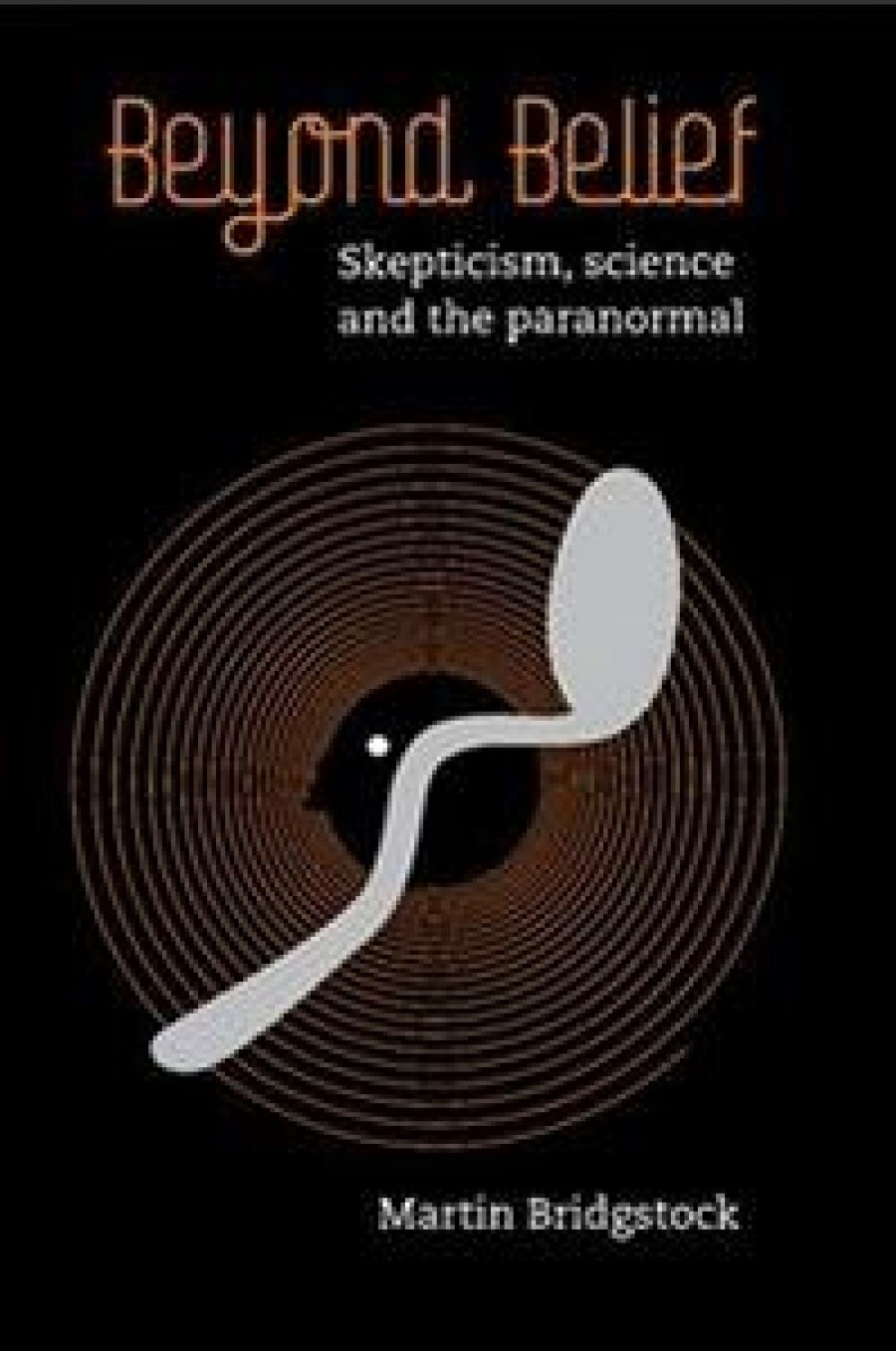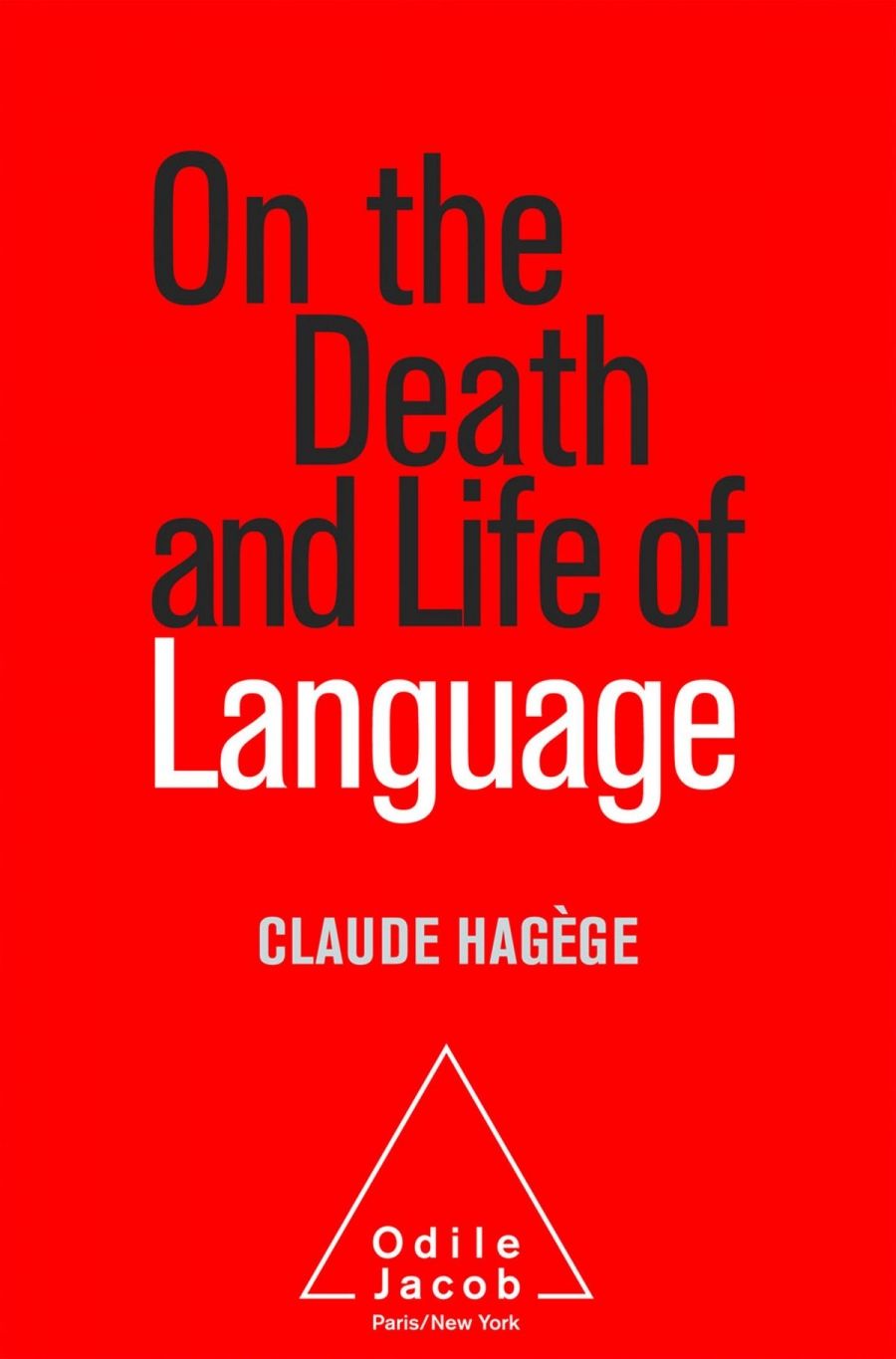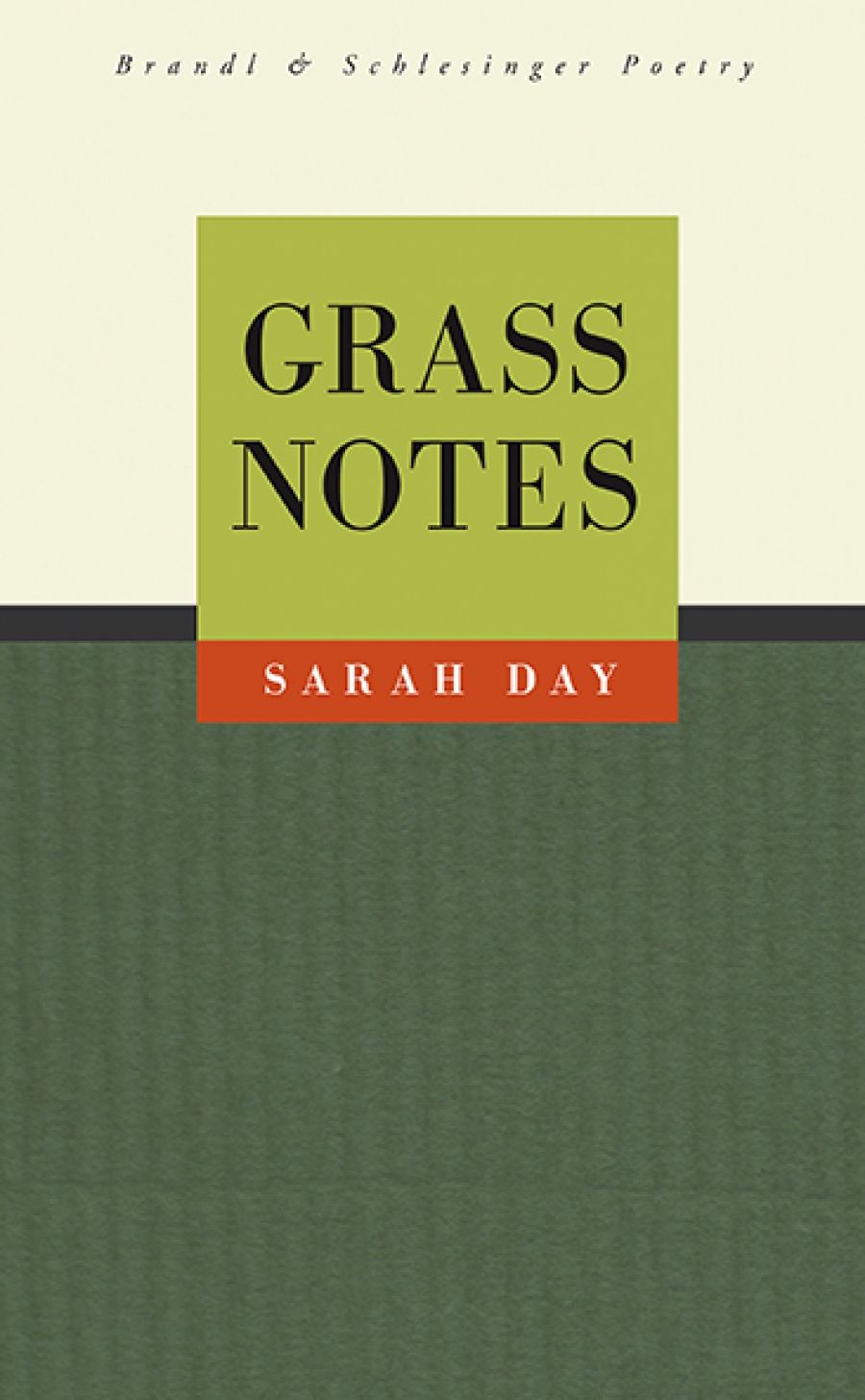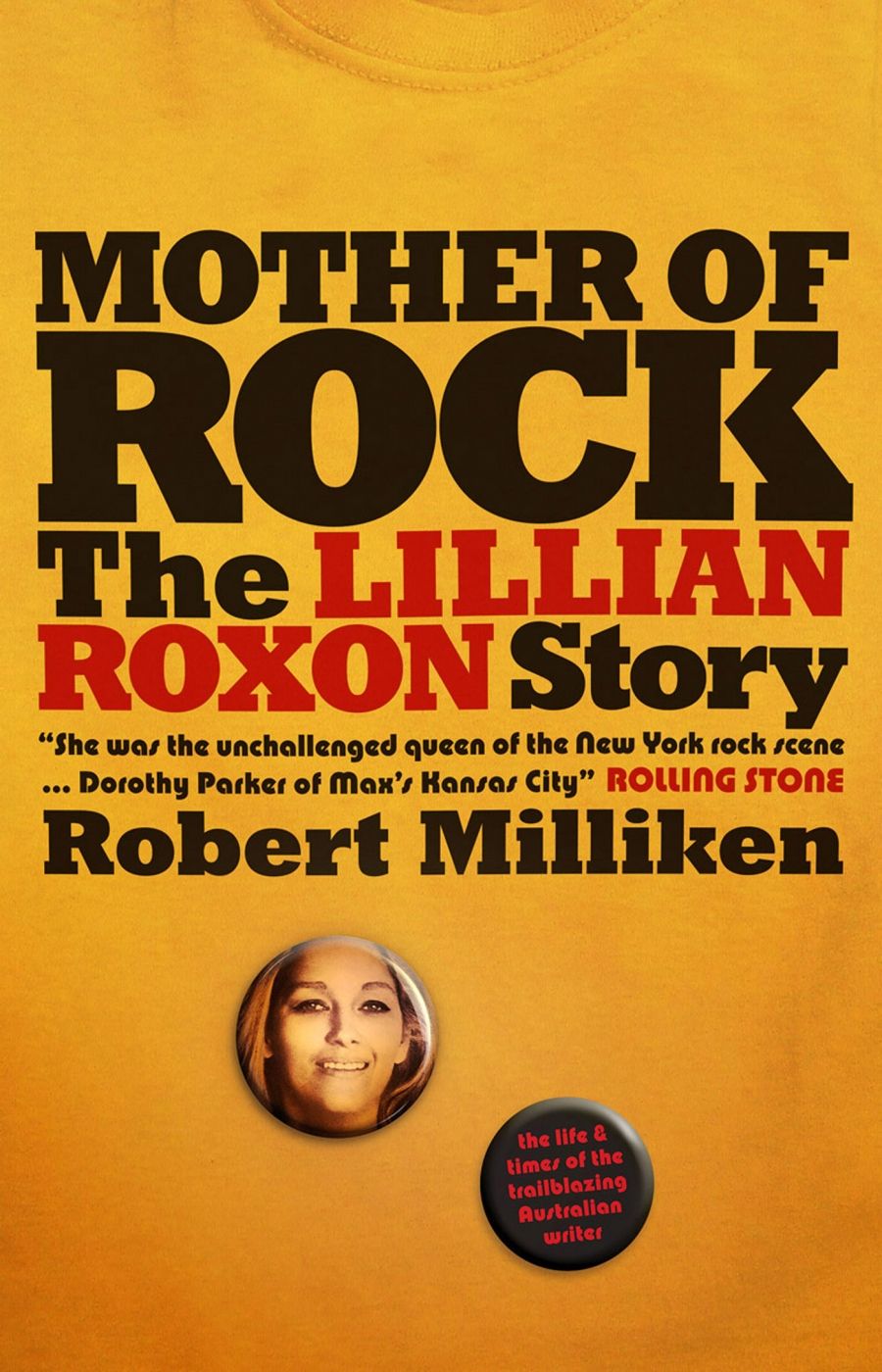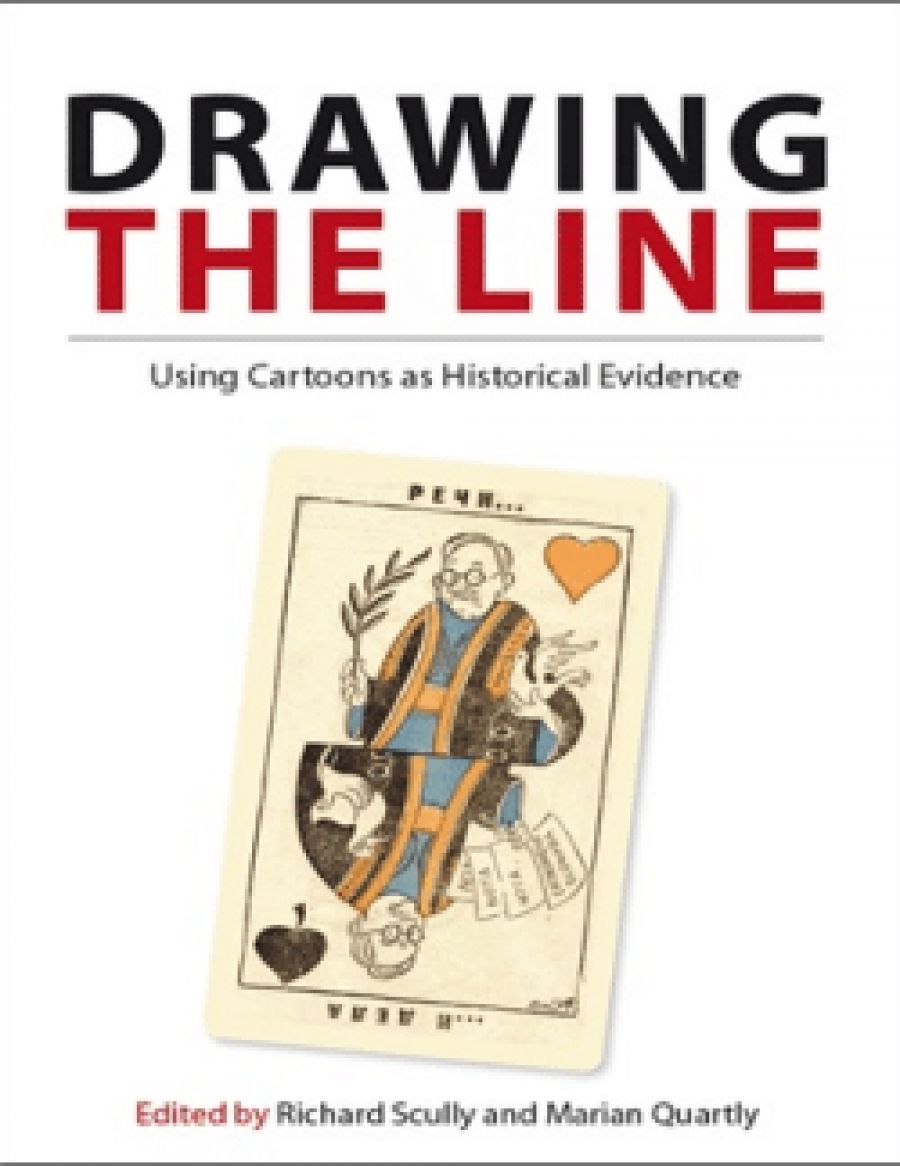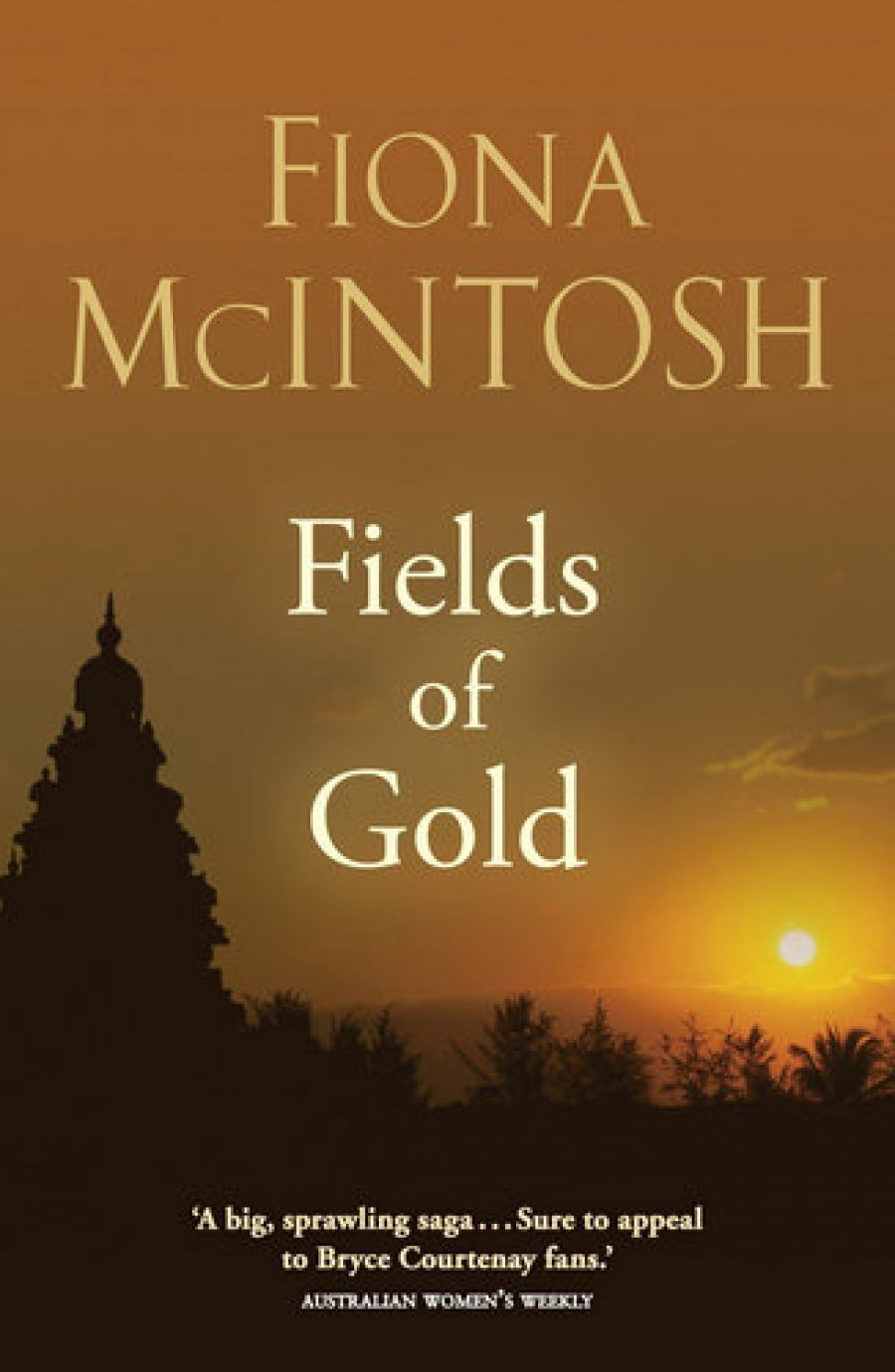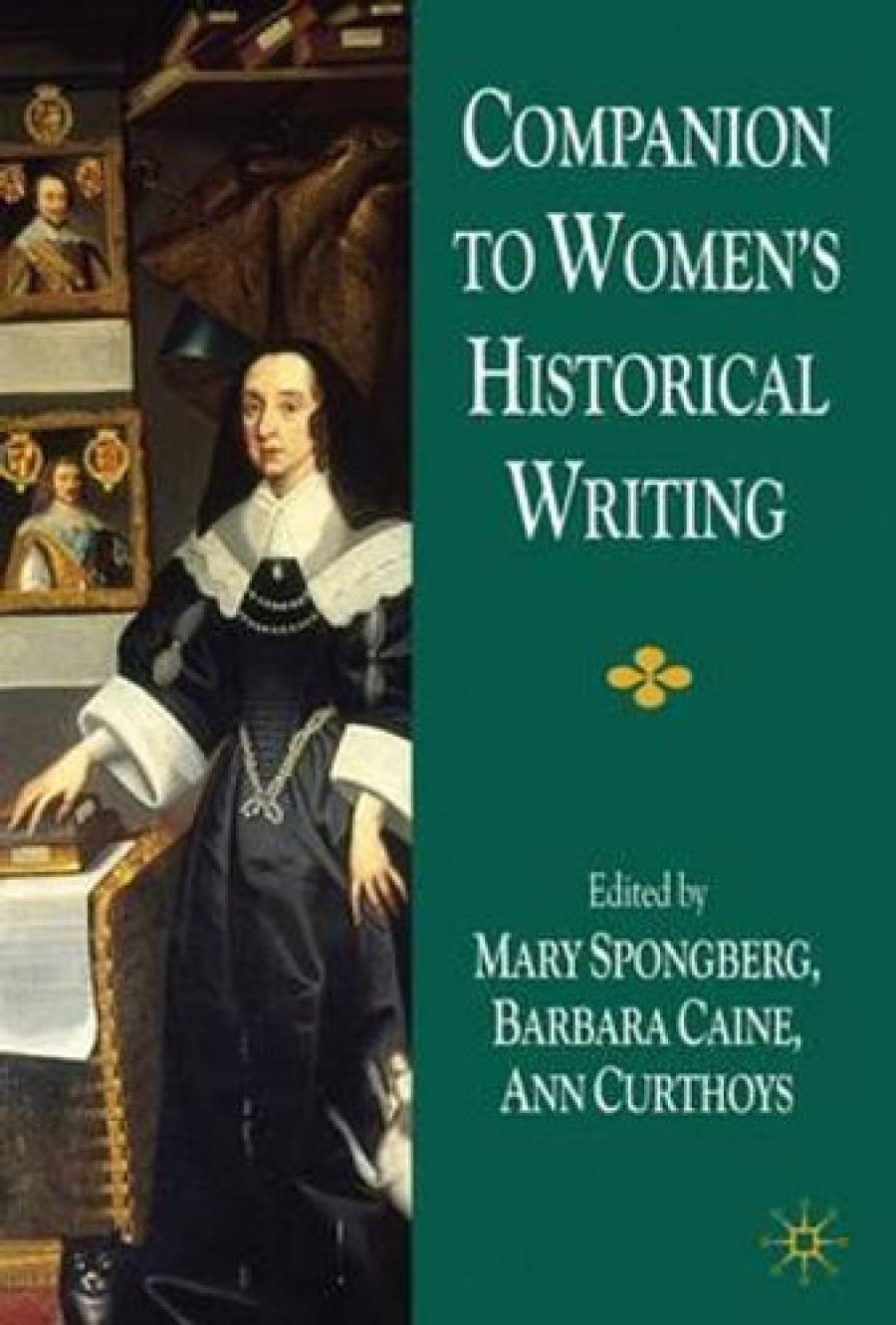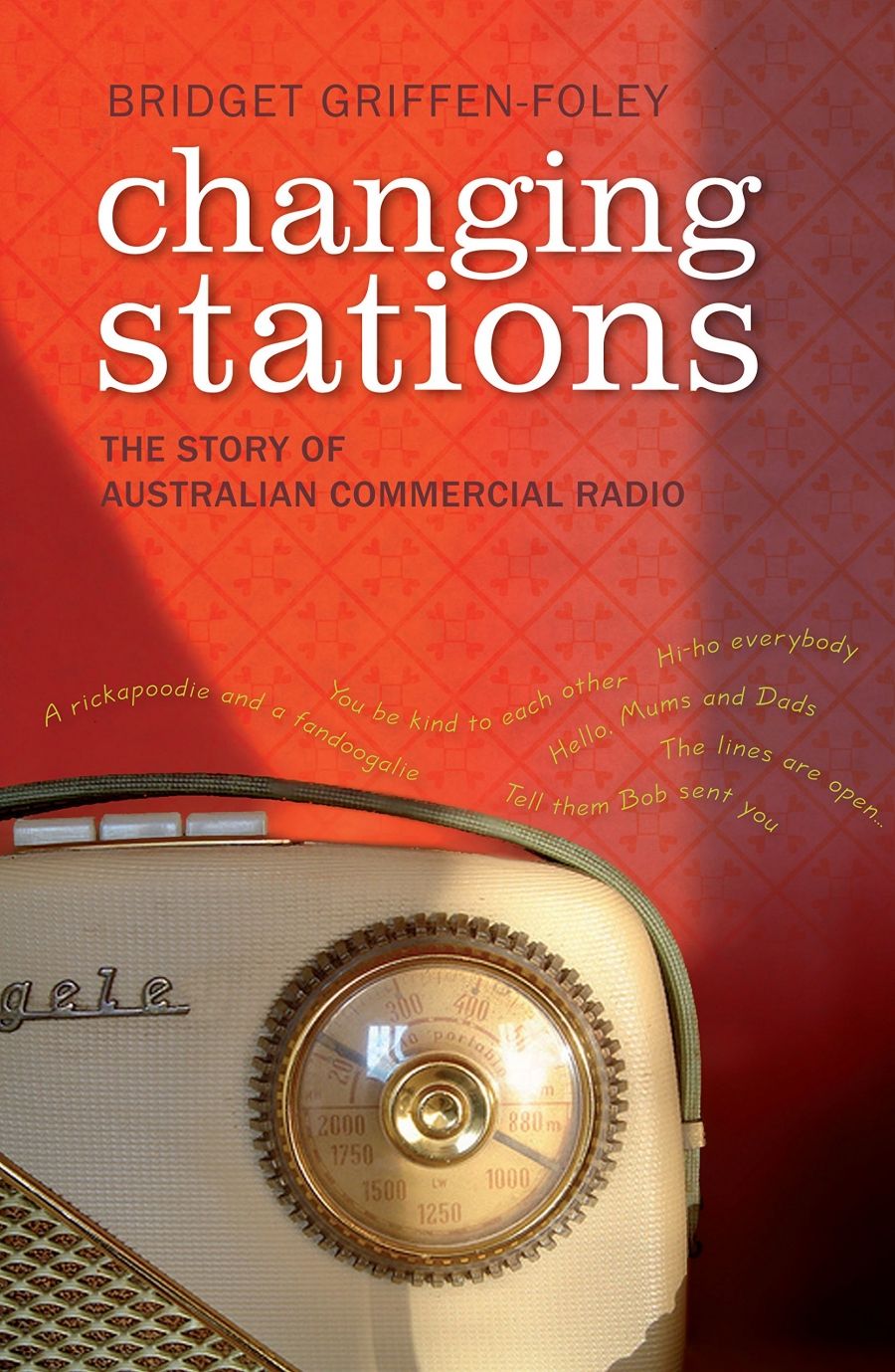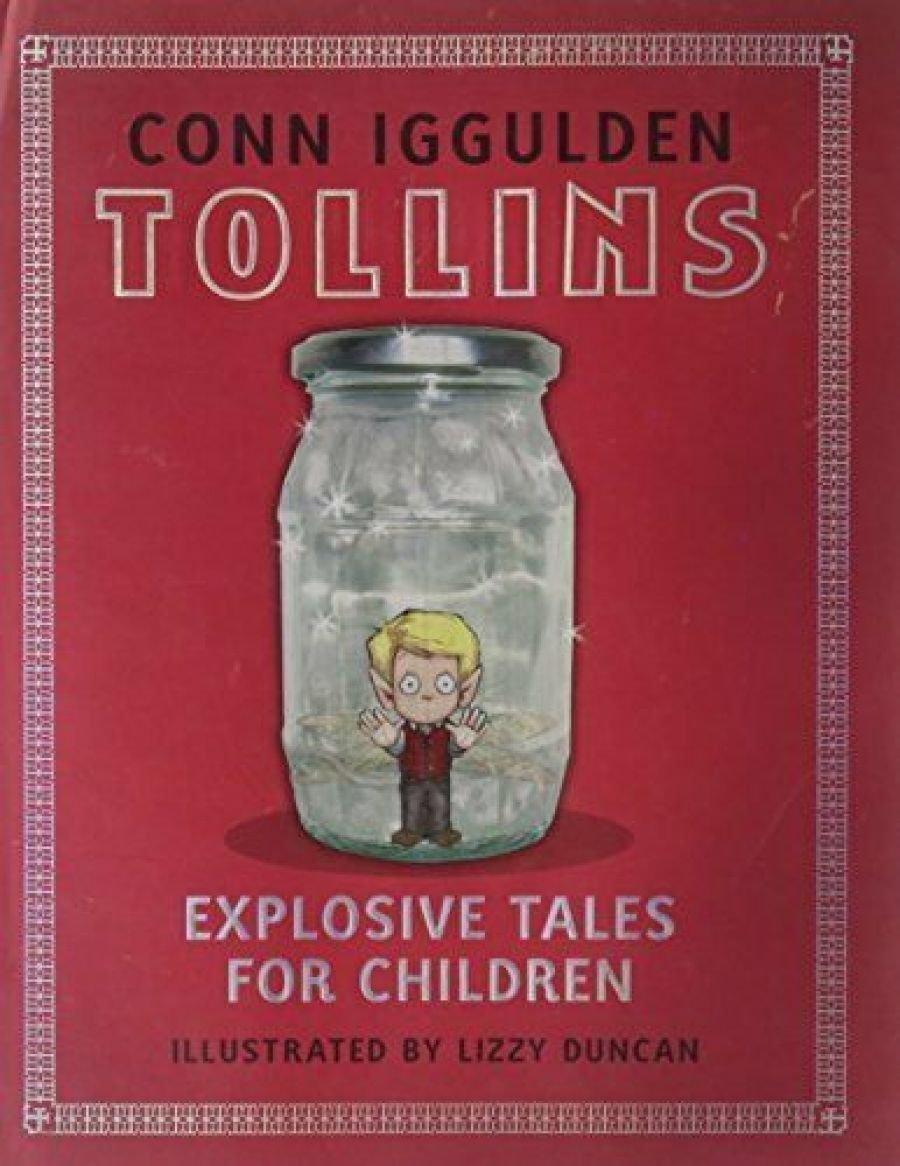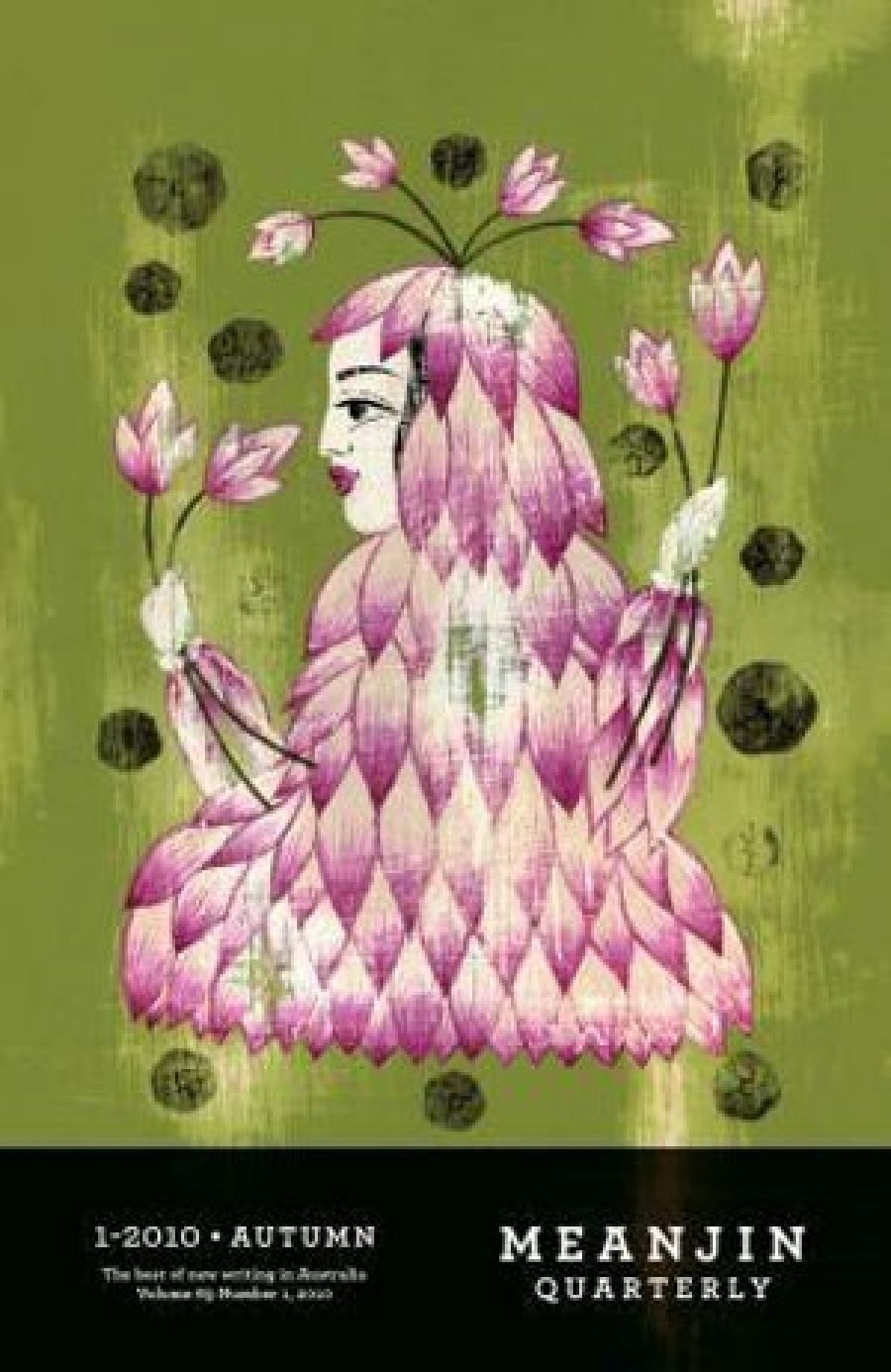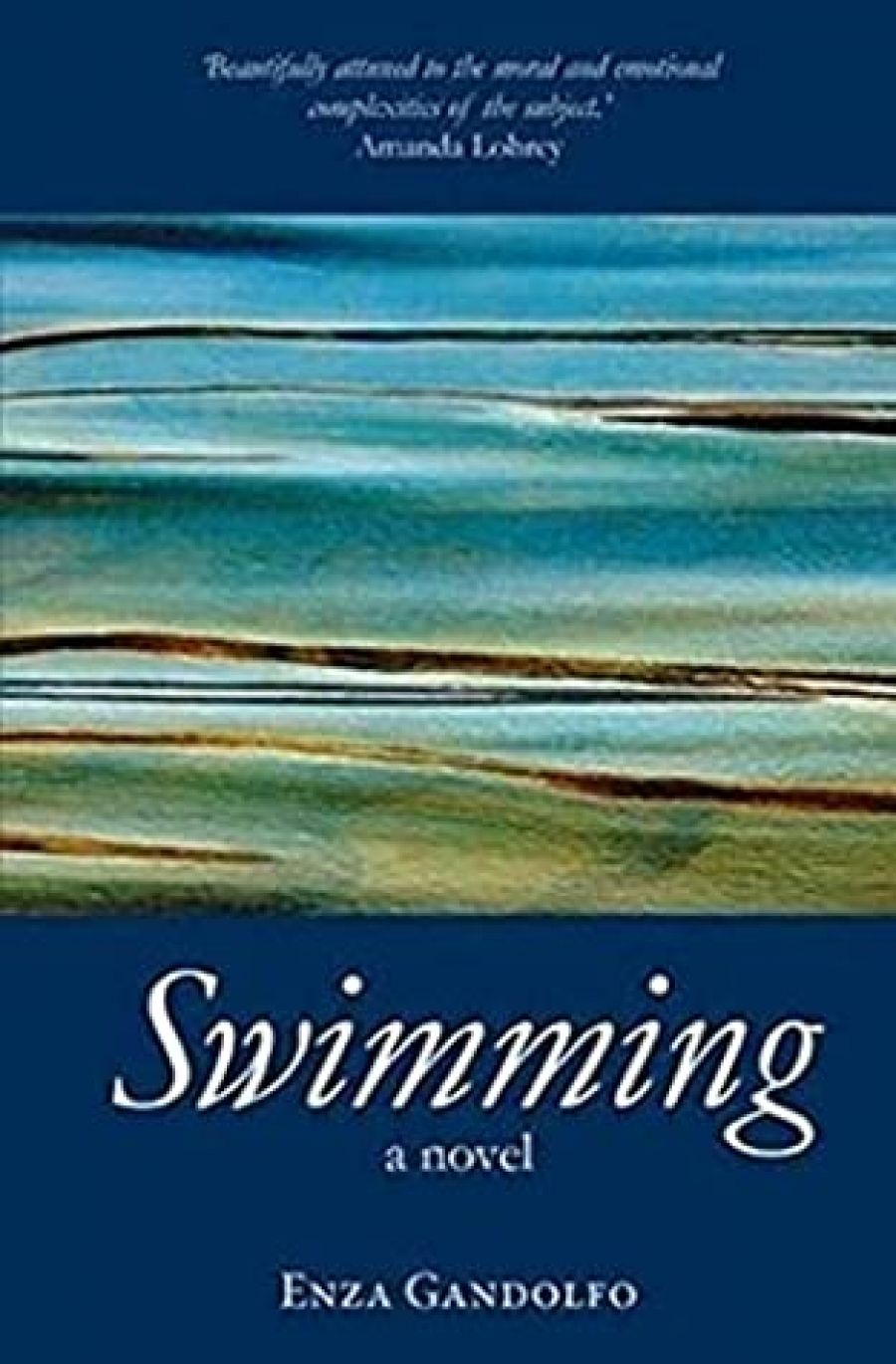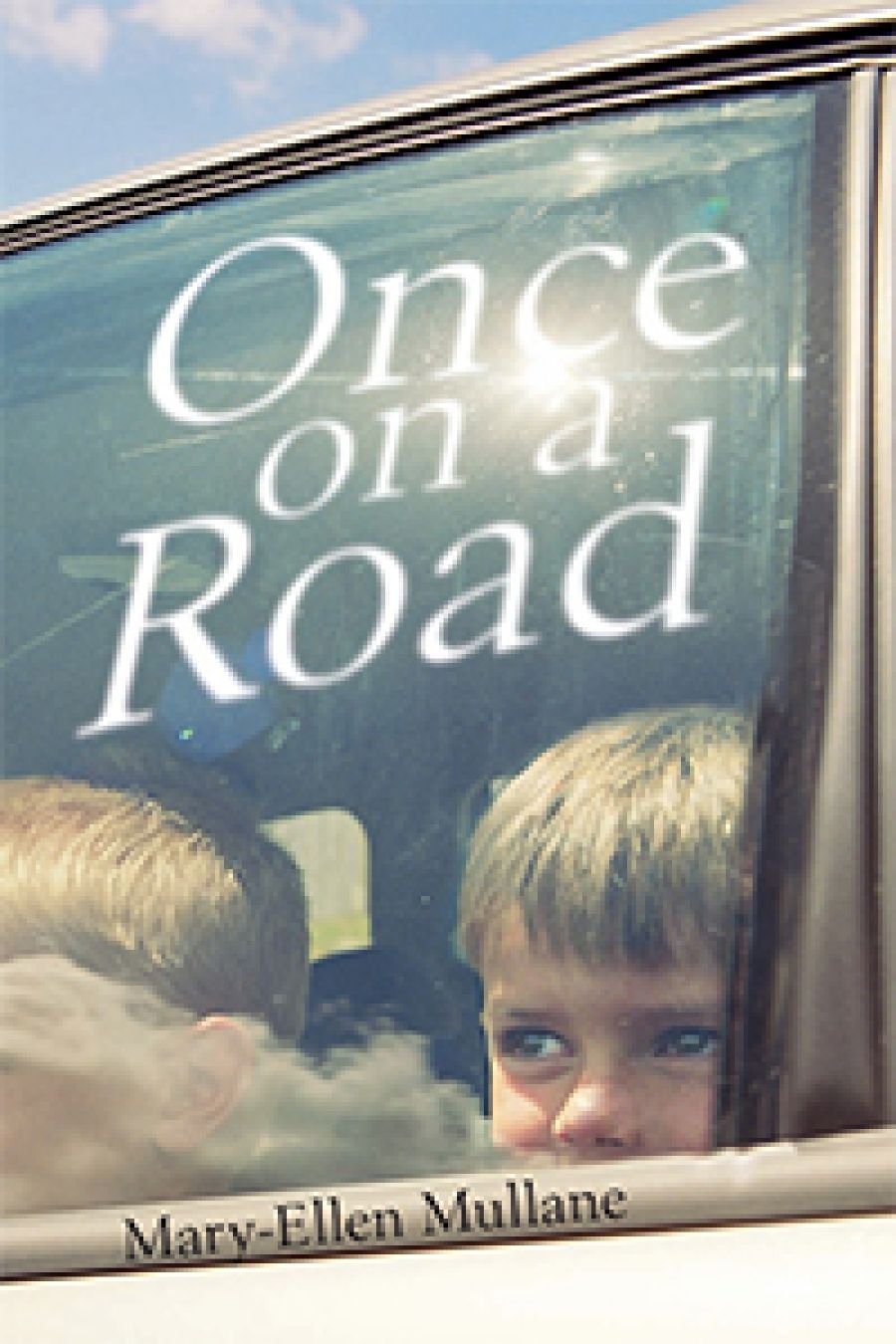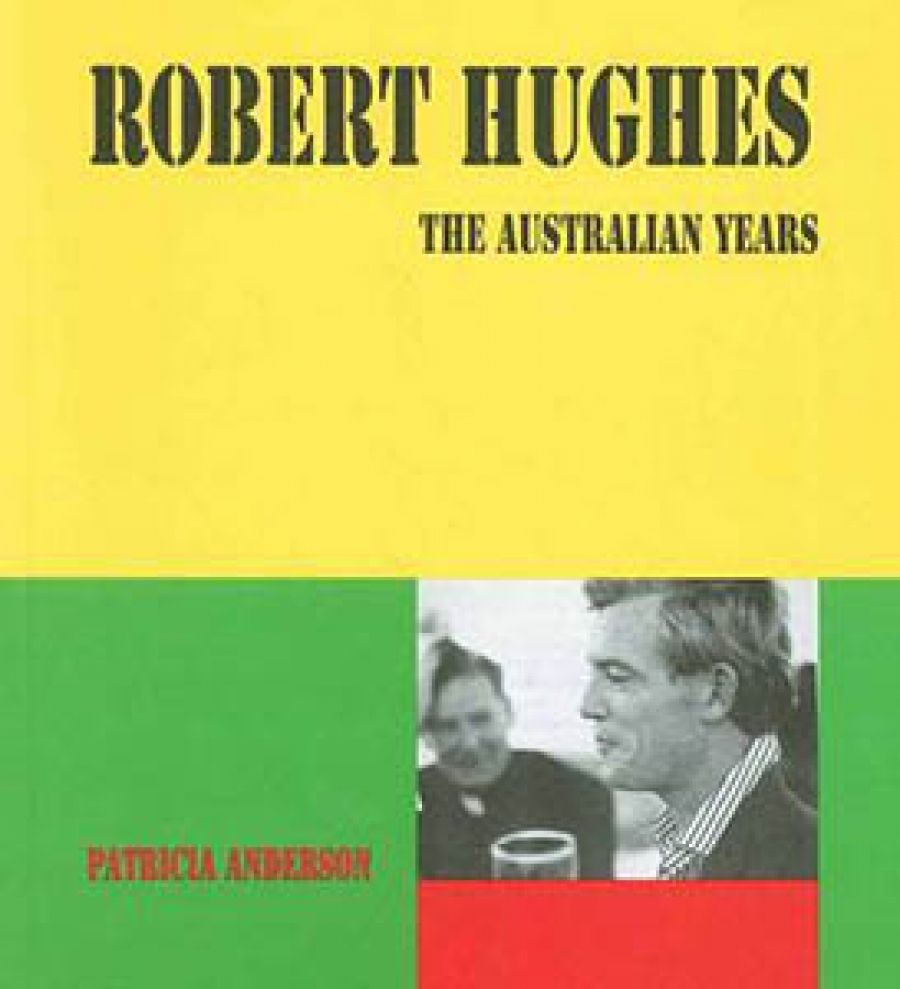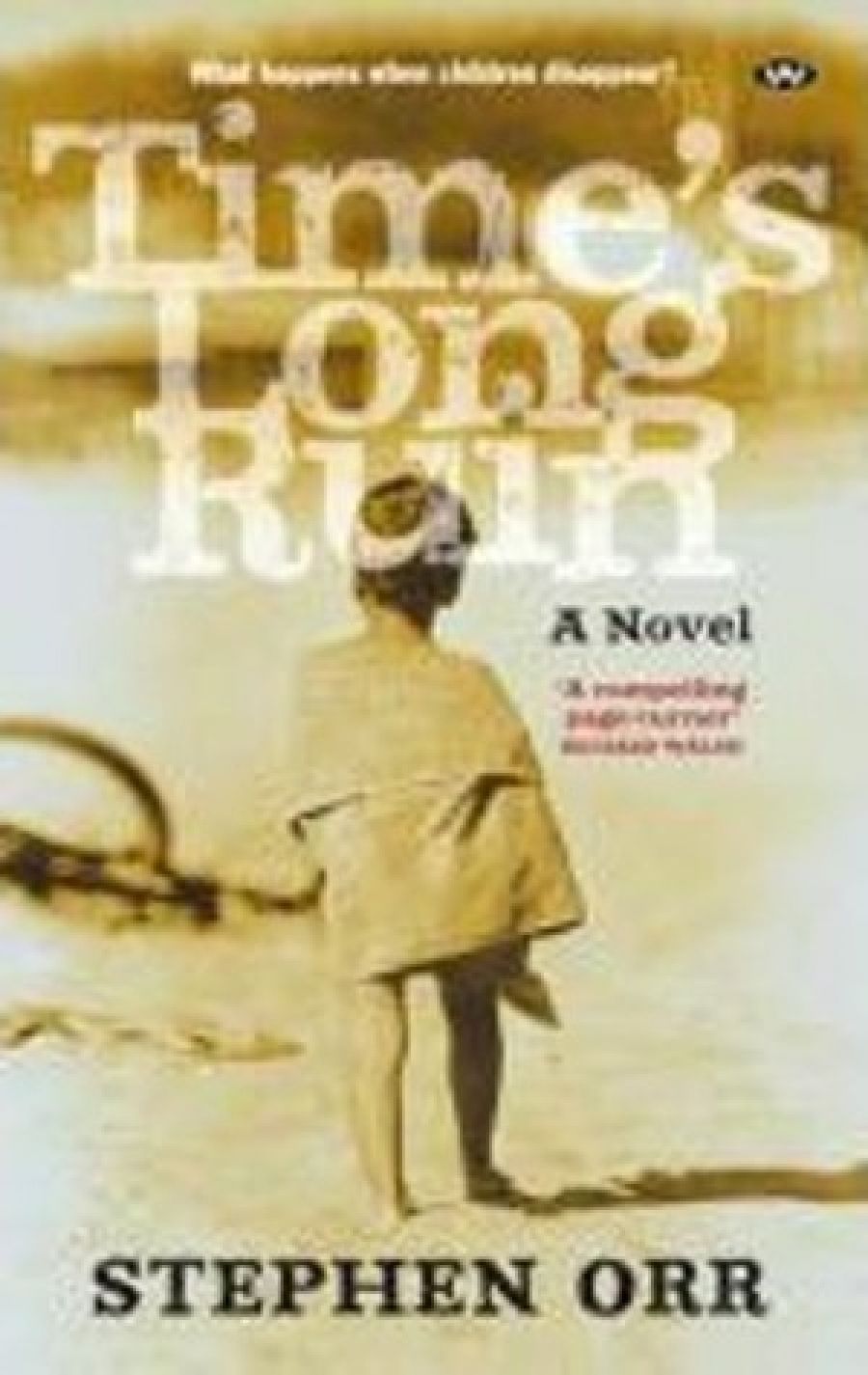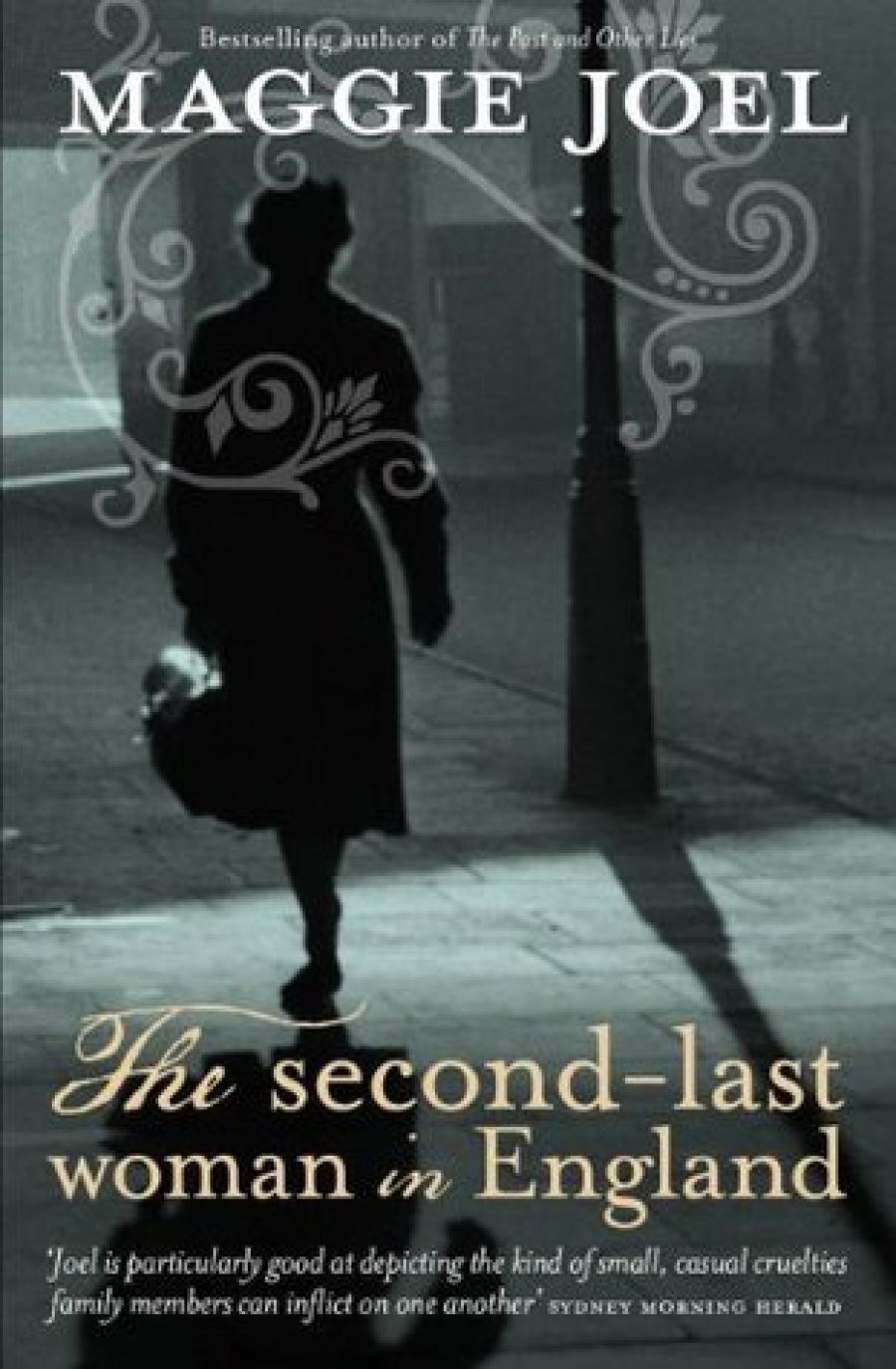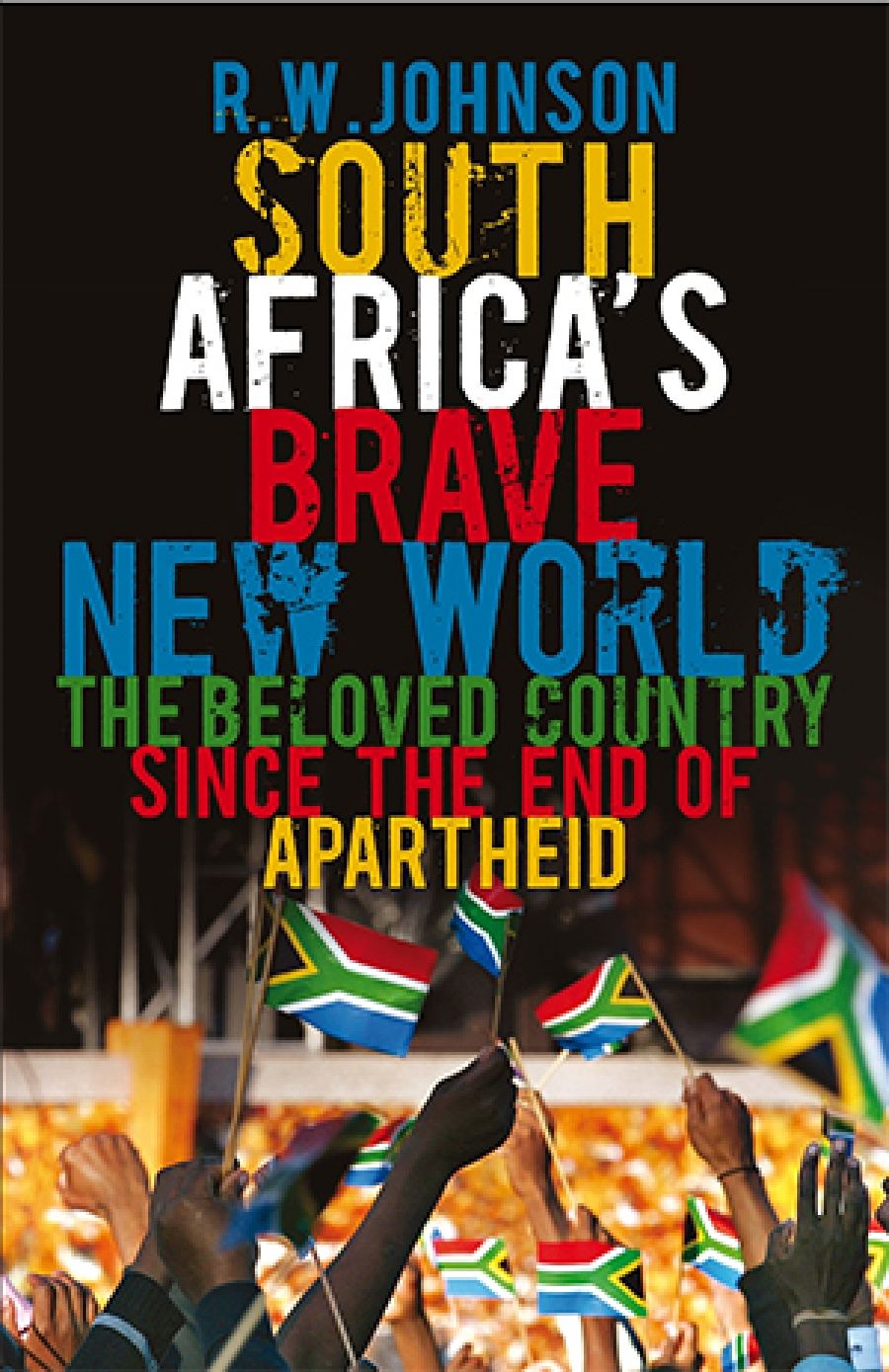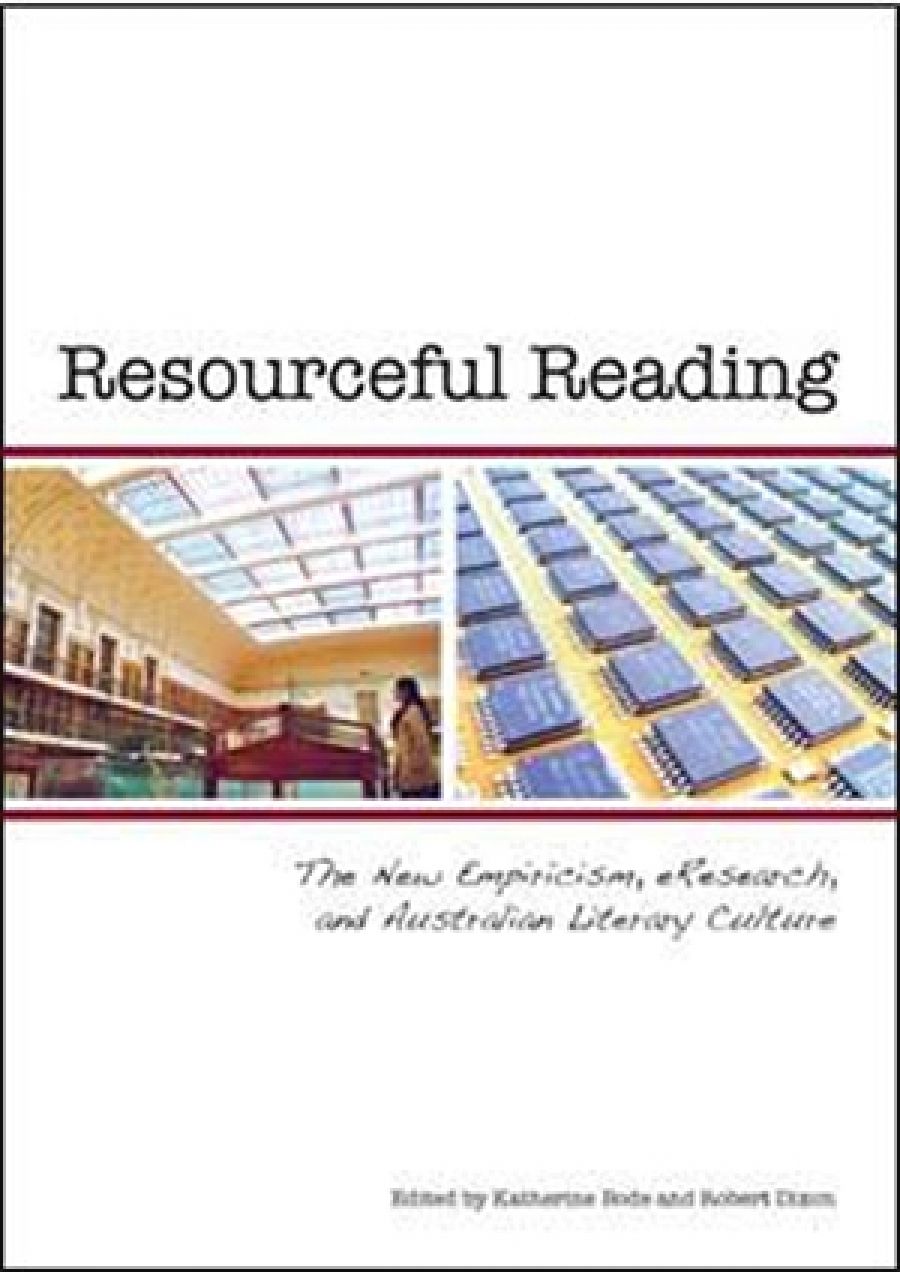Southerly and élitism
Dear Editor,
I was pleased to see ABR’s review of the seventieth birthday issue of Southerly (March 2010), but I need to respond to a number of matters raised in Jeffrey Poacher’s review. First, though, I need to own the error pointed out by Mr Poacher. Mr Poacher correctly observes that I twice get wrong the name of the founding editor. The man’s name was R.G. Howarth. I wrote R.J. Howarth. The middle initial was wrong.
It is disappointing that Mr Poacher elected not to specify the nature and extent of this error and that he uses it as parting shot, especially when one has just edited a volume of 253 pages, including thirty-eight contributors and forty-two new works, as an unwaged activity, as the editors of Southerly do. However, it would be a mistake to allow aggression to set the tone and circumscribe debate along the very tired division of academic élitism versus the inclusive domain of belles lettres. This would also deflect attention from the substance of the review itself, and there are a number of matters that require attention.
First is the ongoing confusion of attribution, of who is saying what. The review takes ideas stated explicitly in the journal and presents them as its own deductions. I’ll give one example, but it is a broader problem. One paragraph opens: ‘Presumably it is by editorial design that the travails of ageing feature prominently …’ This theme and content is discussed extensively in the editorial. No presumption is needed or performed by the review. The reviewer paraphrases the work of others and presents it as his own knowledge or interpretation.
This is a telling marker of the anxiety that characterises this review, which, in lieu of knowledge about Southerly, resorts to accusations of academic élitism. So let’s set the story straight. Of the forty-two works published in this issue, Mr Poacher rests his judgement of the journal’s élitism on three and a half scholarly essays. To Mr Poacher these works are representative of the issue, which also includes eighteen poems, eight short stories, seven essays and nine long reviews. Indeed, Southerly publishes more new fiction and poetry than any other journal in the country. The pool of writers in all issues is diverse, as is the work.
Moreover, the reviewer reads this one issue as being representative of all issues. But as I set out in the editorial, the journal is co-edited by David Brooks and me, each taking principal responsibility for one issue per year, with a guest editor completing the third issue. This arrangement encourages diversity and is a check against individual styles or biases. Our poetry editor, Kate Lilley, and fiction reader, Alan Gold, further expand and refine the range of creative work we publish.
With that context established, I now turn to the question of élitism that dominates this review. Mr Poacher’s shorthand for academic obscurantism is that two essays use ‘the looking glass of Continental theory’. By this he means that one essay refers to a meditation on the four elements by Gaston Bachelard, from 1943, and another essay cites a 1991 essay by Luce Irigaray that links images of the sea with maternity. Neither of these ideas nor their expression is remotely inaccessible.
Further, Mr Poacher presents, as an instance of impenetrable prose, the phrase ‘the maternal imaginary’. Which word is difficult to understand here? It must be the connection between maternity and imagination that is incomprehensible. Indeed the review pays far more attention to work by men about men than to work by women. It is clear where the reviewer feels more at home. That is his prerogative, but he should own it.
This brings me to the main problem, which is the presumption that there is a single readership in Australian literary culture and consensus regarding its tastes. Mr Poacher has definite ideas about what a literary journal should be and presents himself as a representative reader. I don’t buy it.
My editorial recounts the recent initiative of the Australia Council to promote established literary magazines, including ABR and Southerly. At the two-day workshop, I was struck by the journals’ diversity in terms of politics, tone, region, history and their respective emphases on particular genres. These differences invite different practices of reading. We are not all in the domain of belles lettres: it is not a common ground. A diverse ecosystem is a healthy one, and Australian literature is well served by the diversity of its journals.
Elizabeth McMahon, Randwick, NSW
‘Like it bloody was’
Dear Editor,
Having nominated David Ireland’s The Unknown Industrial Prisoner as my favourite Australian novel, I was surprised to see Garry Dalrymple claiming it as science fiction (Letters, March 2010). I realise we are in an era of genre-bending, but if Ireland’s fiction is to be categorised at all, it might be as a unique amalgam of magic realism and social realism.
Ireland is probably the most acute observer of Australia before it became post-industrial, post-Whitlam, post-John Button’s revival policies and post-Howard’s efforts to get rid of the bits Button had revived. My late father would have recognised Ireland’s workplaces, pubs and people in an instant. If he had been interested in genre, he would have described the Ireland genre as ‘like it bloody was’.
Noel Turnbull, Port Melbourne, Vic.
